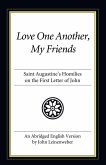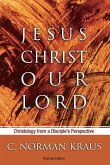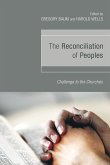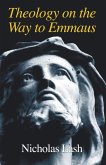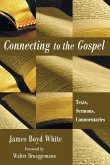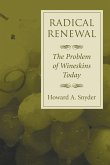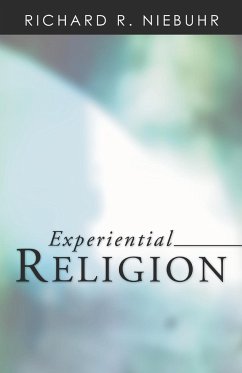A striking series of events of the past two decades have tended to raise questions about the exercise of teaching authority in the Catholic Church. The Second Vatican Council, the Encyclical Humanae Vitae, the controversy over Hans Kung's book on infallibility and the subsequent declaration of Rome that he could no longer teach as a Catholic theologian, the colloquium to which Edward Schillebeeckx was summoned by the Vatican, the pastoral letter of the American bishops on the question of nuclear warfare--have all stimulated a lively discussion of the claims of the Catholic hierarchy to authoritative magisterium. With all the abundance of literature on the subject, a book was still needed that would offer an up-to-date, systematic presentation of Catholic thinking about the nature and function of this magisterium. This is what the present volume sets out to provide. It takes as its point of departure the belief which a great many Christians besides Catholics share, namely, that the Church of Christ is maintained in the truth of the Gospel by the Holy Spirit. It then examines the various ministries by which the Gospel has been handed on and interpreted for each generation of believers, looking especially to the role of the bishops, and among them, of the Bishop of Rome, in settling disputes about the faith. Questions concerning papal infallibility, the response called for by papal encyclicals, the critical role of Catholic theologians vis-a-vis the magisterium, are treated in the light of current theological literature, with the non-specialist reader in mind.
Hinweis: Dieser Artikel kann nur an eine deutsche Lieferadresse ausgeliefert werden.
Hinweis: Dieser Artikel kann nur an eine deutsche Lieferadresse ausgeliefert werden.


